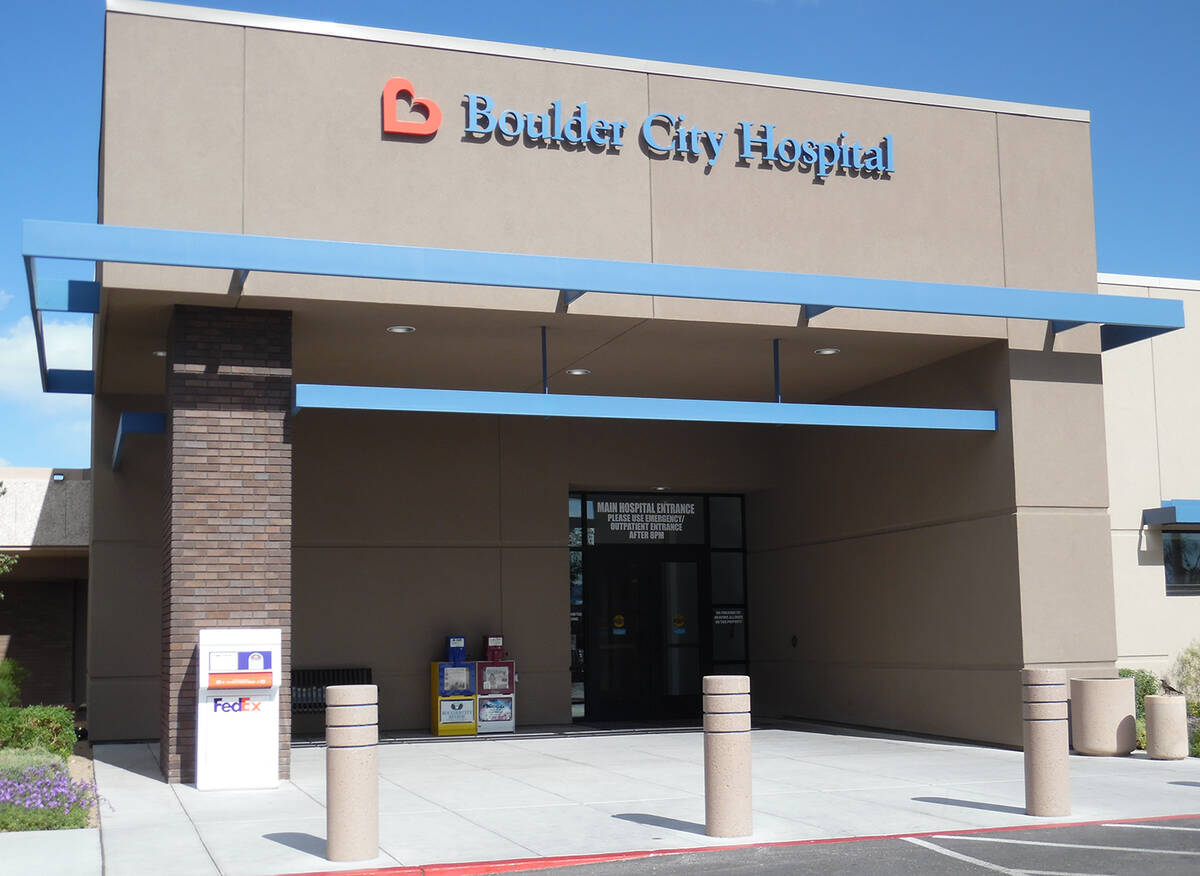Be brave: Talk about colon health
It takes guts to talk about colon health and here’s why. According to the Centers for Disease Control and Prevention, colorectal cancer is the third most common cancer in men and women, taking the lives of more than 50,000 people in the U.S. in 2021, and it is the third leading cause of cancer-related deaths in the United States.
Taking care of your gut can not only decrease your chances of developing precancerous or cancerous cells, but can improve your immunity, digestion, sleep, skin health and mental health.
March is national colorectal cancer awareness month and it’s a great reminder to ask your health care provider about colon health. Gastroenterologist and colon cancer expert Dr. Carol Burke said. “If you’ve got a colon, you’re at risk.”
Colon cancer can happen to anyone. Adults 45 and older should speak with their health care provider about scheduling a colonoscopy.
Did you know that colorectal cancer is on the rise in young adults and has been for years? Yale Medicine says people as young as age 20 need to be aware of the warning signs.
In a recent published report, Yale Medicine colon and rectal surgery doctors identified an increase in Gen Xer and millennial patients with a diagnosis of colorectal cancer more often than their older counterparts. And, according to the American Cancer Society, “People born in 1990 have double the risk of colon cancer and quadruple the risk of rectal cancer compared to people born around 1950.”
Patients younger than 55 were 58 percent more likely to be diagnosed with advanced disease.
What is colorectal cancer?
Cancer is a disease characterized by the unchecked division of abnormal cells. When this type of growth occurs in the colon or rectum, it is called colorectal cancer.
The colon and rectum (colorectum), along with the anus, make up the large intestine, the final segment of the gastrointestinal system. The large intestine is sometimes called the large bowel, which is why colorectal cancer is sometimes referred to as bowel cancer. The function of the large intestine is to absorb water and electrolytes from food matter and eliminate feces.
Risk factors of colorectal cancer include family history, sedentary lifestyle, diets high in processed meats, low-fiber, high-fat diets, obesity, smoking and heavy alcohol use.
There are things you can do to stay healthy, regardless of your age. These include:
■ Discuss a colorectal cancer screening with your health care provider.
■ Notify your health care provider of any changes in stools or bowel movements(rectal bleeding, black or dark stools, diarrhea, constipation).
■ Low energy or tiredness.
■ If you smoke, quit.
■ Drink responsibly.
■ Exercise.
■ Lose weight.
■ Consume adequate fiber.
A colonoscopy takes about 30 to 60 minutes. Take the time. It can save your life.
To Your Health is provided by the staff of Boulder City Hospital. For more information, call 702-293-4111, ext. 576, or visit bchcares.org.
















